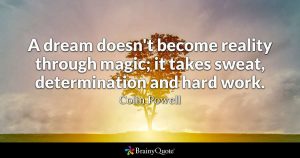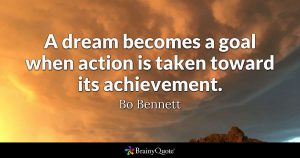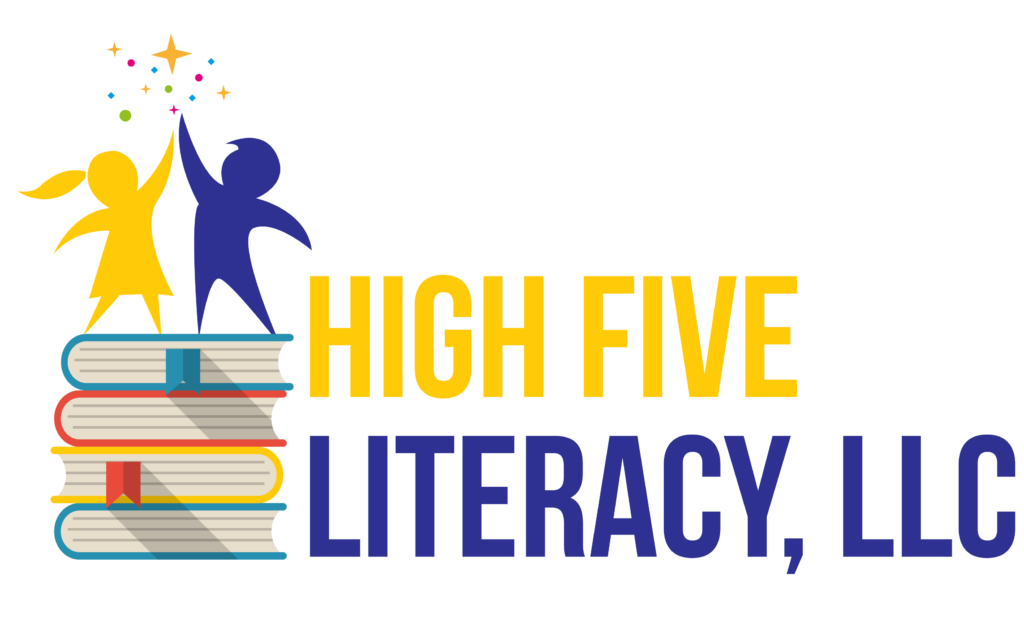 Meet Shari B. and her daughter, Molly. I worked with Molly when she was a second grader, fourteen years ago, after Shari had a parent-teacher conference in November 2004. I ran into Shari recently, and she graciously agreed to be interviewed and to ask her now 21 year-old daughter if she would be willing to share her success story. In my book, Failing Students or Failing Schools? A Parent’s Guide to Reading Instruction and Intervention, I discuss the importance of creating a partnership with a reading tutor, and I always credit parents for helping achieve successful outcomes. In my practice, I encourage parents to sit in on every session and learn the reading process right along with their child. This enables them to offer corrective feedback and positive reinforcement while practicing. Shari and I worked together for eight or nine months, and, as you will see, Molly benefitted from the team approach.
Meet Shari B. and her daughter, Molly. I worked with Molly when she was a second grader, fourteen years ago, after Shari had a parent-teacher conference in November 2004. I ran into Shari recently, and she graciously agreed to be interviewed and to ask her now 21 year-old daughter if she would be willing to share her success story. In my book, Failing Students or Failing Schools? A Parent’s Guide to Reading Instruction and Intervention, I discuss the importance of creating a partnership with a reading tutor, and I always credit parents for helping achieve successful outcomes. In my practice, I encourage parents to sit in on every session and learn the reading process right along with their child. This enables them to offer corrective feedback and positive reinforcement while practicing. Shari and I worked together for eight or nine months, and, as you will see, Molly benefitted from the team approach.
Shari
Did your child show signs of having difficulties from birth to five years old? Any delays? (Speech and language; fine motor; gross motor; other)
Molly did not have any delays, but she did have sensory issues. She wouldn’t wear tights or other confining clothes. But she spoke very young and walked at about a year.
Did anyone have learning difficulties in the family? (You, your spouse, parents, siblings, etc.)
I don’t really know. My son did not, but it is possible that my husband may have. He grew up in another country, and his family is there, so it is hard to know for sure. I don’t know about my parents. On my father’s side, some of my relatives have ADD or ADHD.
Do you remember what type of reading instruction and intervention your child received in school before we began working together? Why do you think it didn’t work?
Molly received extra help in reading from kindergarten through second grade in school. The reading teacher and her classroom teacher were unable to figure out what was wrong and why she couldn’t read. She was very bright and memorized a lot of words, so they thought that she could read somewhat. I knew she couldn’t because I read a lot with her at home, and if there was a simple word that she had not memorized, she was unable to figure out what the word was. At one point, the reading teacher she had in 2nd grade told us that she thought Molly was just not working hard enough. That enraged me and made me realize that this teacher didn’t know what she was doing and that I needed to figure it out myself.
Were you surprised your child struggled to read?
Yes, because I read constantly, and my older son had no issues reading.
Did anyone ever ask you if you read to your child or if you had books in your home? If so, how did that make you feel?
I don’t remember if anyone asked me that, but we had a lot of books at home and read all the time.
Did you see yourself as a failure because your child struggled?
Not at all. I saw myself as taking matters into my own hands. I had Molly tested for hearing, eyesight and intelligence. She did very well and at the age of 6 or 7, tested on the level of a 12-year old, so I knew that there was something wrong unrelated to any physical issue or intellectual issue. Once we completed these tests, I knew that I had to find a person that would teach her to read as the school was incapable of that.
What made you realize that you needed to seek help for your child outside of school?
I knew she had no ability to figure out how to read a word. Simple 3 letter words were a challenge for her. We read every night and I knew.
How old was your child? Which grade?
Molly was in 2nd grade when I decided that school didn’t know what they were doing and to seek outside help.
Why do you think the intervention I used with your child was successful?
After one hour with Molly you were able to assess what the problem was and come up with a solution. You advised that she had processing issues and came up with a plan to teach her to read that took into account these issues. The school used a whole word reading system which was not appropriate for Molly, and they refused to teach her in a way that she could learn. You recognized this and taught her to read. It was a long process, and we worked very hard, but it worked. What was different? The school wanted her to fit into their mold, but she had issues that they did not recognize and therefore they were unable to teach her to read.
When did you begin seeing a change?
The process took almost a whole school year, but she learned to read and went into 3rd grade able to read.
What was your child’s first successful academic school experience?
Molly always did fairly well in school, so I don’t really remember. She did have challenges throughout school which I believe all relate back to reading, but she overcame them and managed to get A’s and B’s. She graduated high school with an A minus average. She also did take some AP classes and some honors classes. She always had to work very hard to get good grades. It did not come easy, but she persevered. She is graduating from college in May and is applying to master’s programs. She has done very well in college, and we are very proud of her.

Molly
How old are you? Which school do you attend? What is your major? What are your future plans?
I am 21 years old. I am a senior at the University of Massachusetts, Amherst. My major is sociology with a concentration in Criminal Justice and Social Work. Also, I am obtaining a minor in psychology. I intend on going to graduate school next year for clinical mental health. I would love to be a therapist for criminals coming out of prison and assist them on creating a more sufficient life.
Do you remember struggling to read?
No, I do not remember struggling to read. However, I remember being pulled out of classes to get extra help for reading.
Do you remember the first book you read by yourself?
I do not remember the first book I read, but I remember in ninth grade, I read a To Kill A Mockingbird by Harper Lee which continues to be my favorite book.
Do you enjoy reading? Do you ever just read for pleasure?
I do not read for fun often, but I do enjoy a good read about mysteries, love, and Sci-Fi.
Was spelling and writing a challenge?
To this day I struggle with spelling and writing. I have improved tremendously through my education; yet, I constantly am double checking my spelling and grammar. I still send my essays to mom to edit and correct. I have become a much stronger writer and speller throughout my life.
Did you have difficulty in middle school, high school, or college?
I struggled severely in middle school. I did not know how to study and would spend hours crying out of frustration from the difficult material. Similarly, in high school, I struggled with the material and lacked confidence in my ability to succeed. In my junior year of high school, I remember having difficulty in studying for the SAT/ACT. I did not believe I would get into college, leading me to continuously be hard on myself through the entire process of applying to colleges. Nevertheless, when I got to college, I thrived immensely. As a senior, I can proudly say I have learned how to study and write essays. This had led me to do extremely well in college and gain confidence in myself. I work extremely hard to do well, but it has made me exceedingly determined and excited for my academic future.
Did you ever feel like giving up?
YES! In middle school and high school, I regularly thought about giving up out of the frustration, and I lacked self-esteem. There was a point I did not think I would get into college, and if I did, it would be too hard for me to do well. Yet, this all relates back to the low confidence I had which increased my wanting to give up.
What advice can you offer parents?
The advice I would offer to parents would be to never give up on your child. My mom has always been there for me and allowed me to be myself. She has consistently been my number one cheerleader through all the difficulties I have faced in my academic career. Also, my parents have allowed me to choose a path in college that I have a passion for. A huge piece of advice would be to allow your child to pick his/her path. If you force what you want but not what your child wants, it will lead to a lack of confidence in your child. I enjoy taking the classes I have to take because it is what I love learning about.
Can you offer some inspiring words for young, struggling readers?
My advice to young, struggling readers would be to not give up on yourself. I understand that struggling in reading is difficult and upsetting. Yet, you have to remember that you will get over this bump and accomplish greatly. Most importantly, this battle does not define you and you will be extremely successful in whatever you choose to do. Always remember that there is only one of you on this earth, and your uniqueness is worth so much and is needed in this world.
What is the key to your success?
I do not know the key to success for everyone; however, for me, my success comes from how I feel about myself within. The concept of confidence has always been a struggle I have dealt with throughout my life. I continue to struggle with confidence but I have learned how to use my strengths to overcome my weaknesses. I know I am not perfect and never will be, but that is okay! It is okay to ask for help and rely on people when needed. It is also okay to get frustrated and have bad days. The key to my success comes from accepting me for me. I accept everything about myself and learned to not give up. Most importantly, I surrounded myself with people who only want me to succeed and prosper. Needless to say, there will be numerous people that have and will come into my life that do not have my best intentions; yet, I have used these negativities to become stronger and learn to love myself even more.
Faith Borkowsky is the Founder of High Five Literacy and Academic Coaching with over thirty years of experience as a classroom teacher, reading/learning specialist, regional literacy coach, administrator, and tutor. Ms. Borkowsky is Orton-Gillingham trained and is a Wilson Certified Dyslexia Practitioner listed on the International Dyslexia Association’s Provider Directory. She provides professional development for teachers and school districts, as well as parent workshops, presentations, and private consultations.
